Indian companies pin high hopes on Vietnamese market
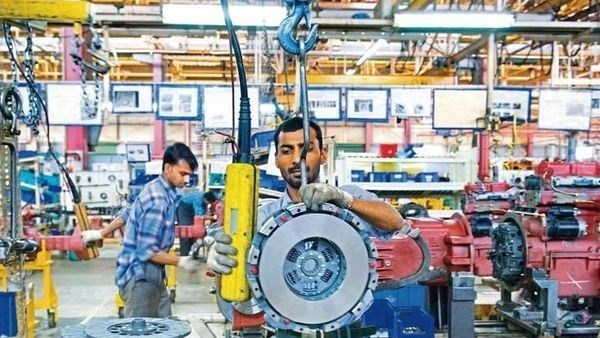 |
| Indian companies are increasingly looking at the lucrative Vietnamese market |
In mid-December, major Indian IT provider HCL Technologies announced its official foray into Vietnam, where it aims to boost employment, provide resources and skilling local talent to serve its global clients.
HCL began operations in Vietnam in July with the goal of hiring more than 3,000 local university graduates and experienced professionals over the next three years. The company has set up its first delivery centre in Hanoi. From there, HCL will deliver advanced technology solutions to its global client base across several industries and verticals, including banking and financial services, healthcare, infrastructure, engineering, and cybersecurity.
Another Indian company Sethia Hemraj Rice Oil Co., Ltd. is also ramping up its presence in the country. Surbhi Bachhawat Sethia, vice general director of the company, is upbeat about the fast-paced growth of Vietnam relying on an export-led growth model, combining trade liberalisation and foreign direct investment (FDI) to spur exports. It has been enjoying growth since the 1990s despite the constant ups and downs in the global market.
She noted that as Vietnam is one of the largest producers of paddy, the company felt there is good scope to set up a Rice Bran Oil manufacturing project in Vietnam. Additionally, the punctual, hardworking, and friendly work force facilitates foreign investments pouring in. The supportive local and central governments have succeeded in creating a business-friendly environment for ever-increasing FDI.
“Before choosing to invest in Vietnam, we also did thorough research across Southest Asia, in Indonesia, Thailand, and Cambodia. Some did not have stable political conditions or favourable tax policies, while others had smaller potential for success in comparison with Vietnam. However, the language and communication are still huge barriers that discourage some investors from investing in Vietnam,” she added.
Most recently, many Indian firms have explored investment opportunities in Vietnam through the India-Vietnam Business Forum held in Ho Chi Minh City in January. Speaking at the forum, Ambassador of India to Vietnam Pranay Verma said India values Vietnam as an important partner in its Act East Policy. Indian investment in Vietnam stood at $900 million as of December 2020, which could go up to $1.9 billion if investments through third countries are also included.
The ambassador pointed out that one potential sector for Indian investors in Vietnam is the pharmaceutical industry. Meanwhile, both India and Vietnam are focusing on renewable energy generation. India has made global initiatives in this regard and is looking to cooperate with Vietnam.
The ambassador also proposed the two sides to look at startups, since both countries have young populations keen on innovation. Startups play an important role in both countries. Additionally, the ambassador highlighted climate change and smart city development as other potential areas for cooperation.
On the same note, Ambassador of Vietnam to India Pham Sanh Chau said that India and Vietnam have different strengths to complement each other and are not in direct competition. This is seen in reciprocal investment projects such as HCL Group from India investing in Vietnam and FPT Group investing in India. HCL's $650 million investment project in Vietnam is highly potential as it focuses on training high-quality human resources in the IT industry.
He further noted that Indian and Vietnamese companies can cooperate in the textile and yarn field. Vietnam currently ranks third in the world in terms of textile and garment exports after China and India. With supply chain shifts, Vietnam and India need to find room to develop cooperation. While Vietnam has a great demand for yarns and fabrics, India has strengths in both natural and synthetic fibres. This woulud be a valuable addition to Vietnam which depends heavily on imported raw materials.
Tran Duy Dong, Vice Minister of Planning and Investment, said, “Vietnam welcomes investment from India in many fields and the two sides will strengthen investment connections with each other. The Ministry of Planning and Investment will join other ministries in India to promote two-way investment, economic development, and connectivity between the two countries.”
Since 2016 when Vietnam and India established a comprehensive strategic partnership, India has become one of the 10 most important trade partners of Vietnam and Vietnam is the fourth-largest trade partner of India in ASEAN.
“The results achieved are not commensurate with the potential of the two countries. To promote economic recovery as soon as the pandemic is controlled, businesses of both sides need to seize opportunities for cooperation in production and business, as well as participate more deeply in the global value chain. Vietnam welcomes Indian businesses to invest in Vietnam in the fields of manufacturing, automotive supporting industries, IT, renewable energy, and high-tech agriculture,” he stated.
The strategic relationship between the two countries is not limited to investment. India considers Vietnam a potential trade partner. The latest Standard Chartered Trade Opportunity Report also revealed that Vietnamese businesses could increase exports to India by $633 million annually. Meanwhile, Indian exporters could boost trade with Vietnam by an estimated $475 million, raising the bilateral trade volume to $1.1 billion.
What the stars mean:
★ Poor ★ ★ Promising ★★★ Good ★★★★ Very good ★★★★★ Exceptional
 Tag:
Tag:
Related Contents
Latest News
More News
- VIR sustainable development conference opens in Hanoi (November 12, 2024 | 09:42)
- Taking the lead in dual transition for a greener Vietnam (November 11, 2024 | 17:00)
- Vietnamese consumers careful amid economic volatility (November 11, 2024 | 13:55)
- Quality must come first in chip mission (November 11, 2024 | 10:33)
- Vietnam's digital economy estimated to reach $36 billion in 2024 (November 07, 2024 | 13:52)
- Authorities looks to tackle influx of cheap foreign goods (November 07, 2024 | 10:44)
- Trump claims 'magnificent' victory over Harris (November 06, 2024 | 16:55)
- Trump on verge of victory over Harris (November 06, 2024 | 14:26)
- Hanoi unveils innovative tourism event to celebrate cultural heritage (November 06, 2024 | 13:36)
- FDI hits over $27 billion in first 10 months (November 06, 2024 | 13:24)








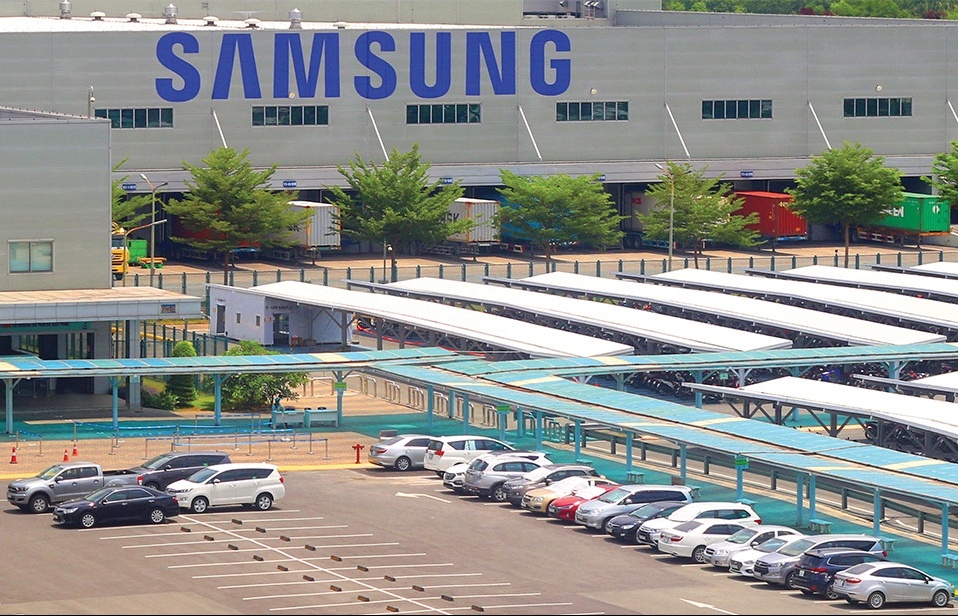
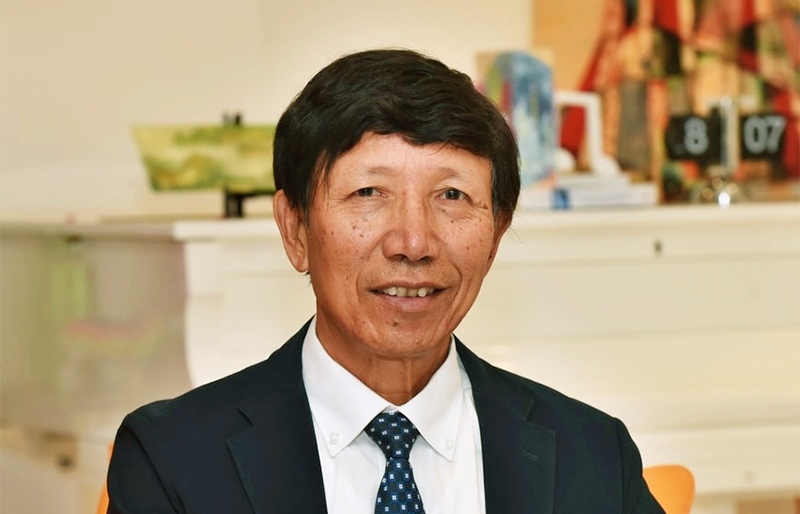
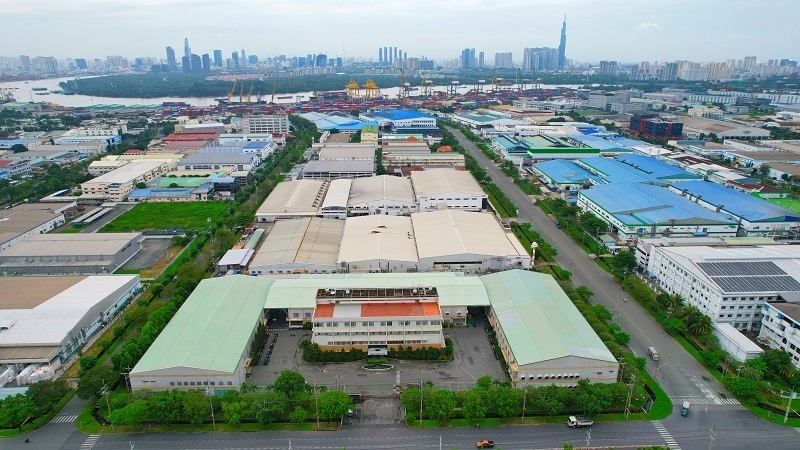








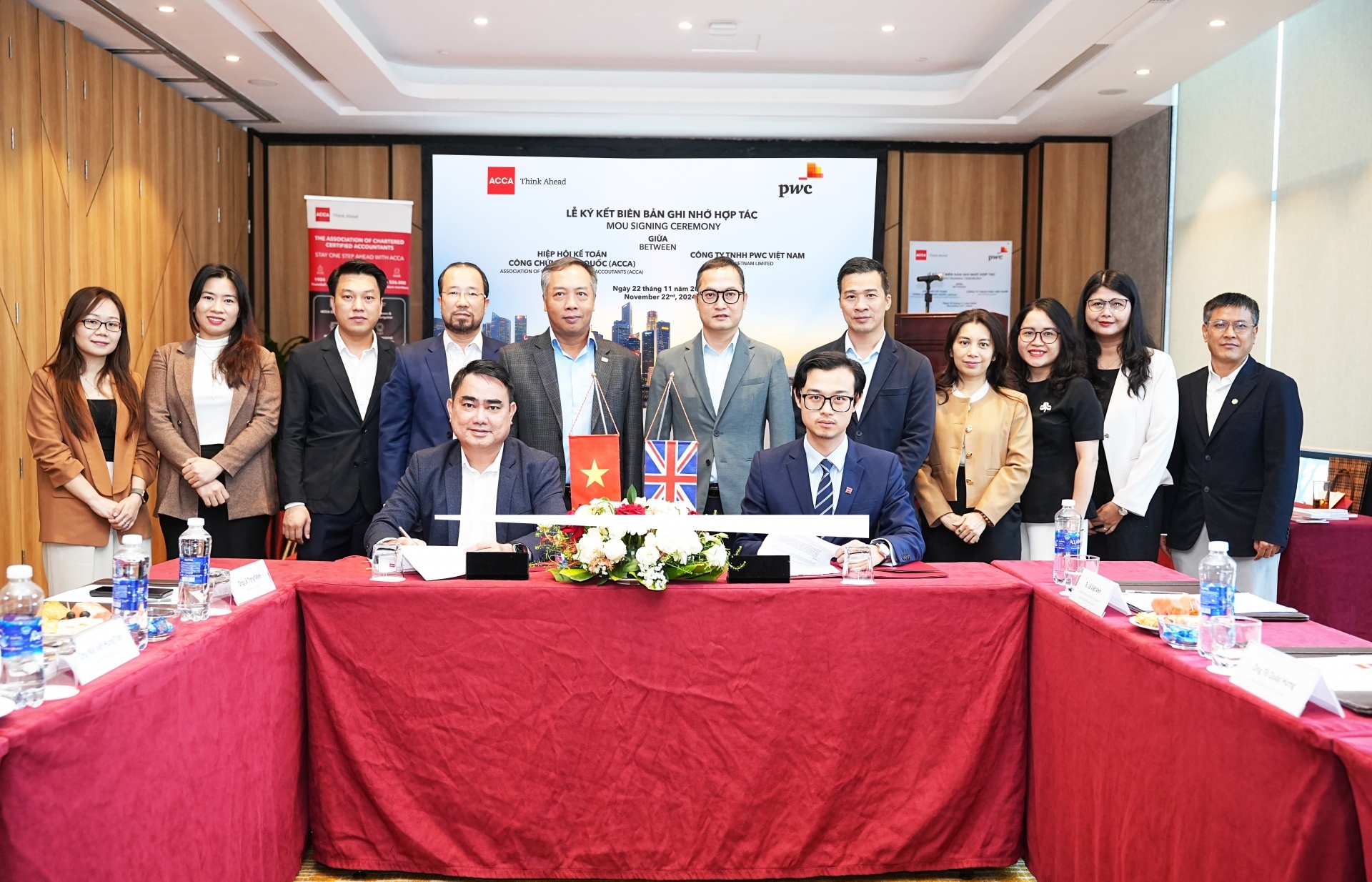
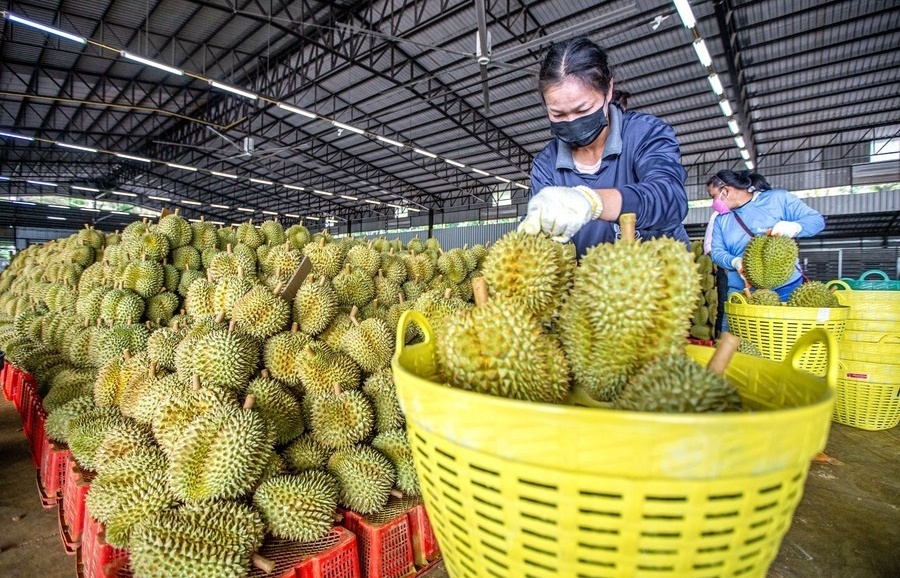

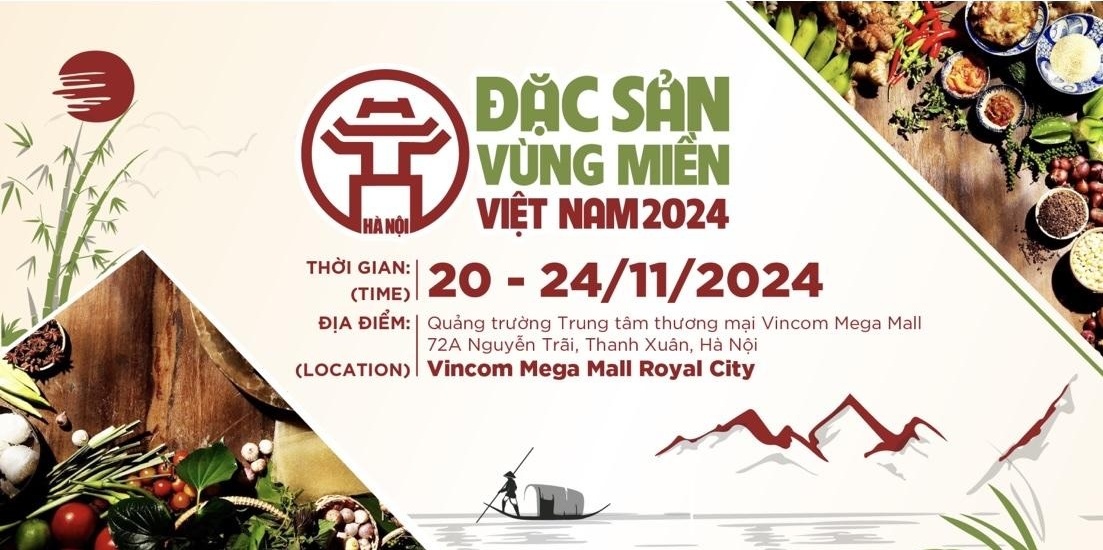



 Mobile Version
Mobile Version